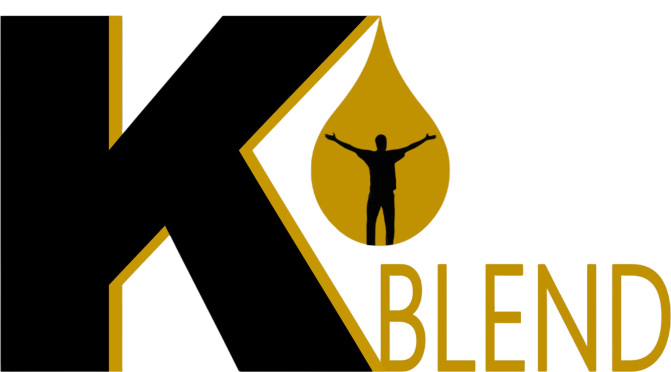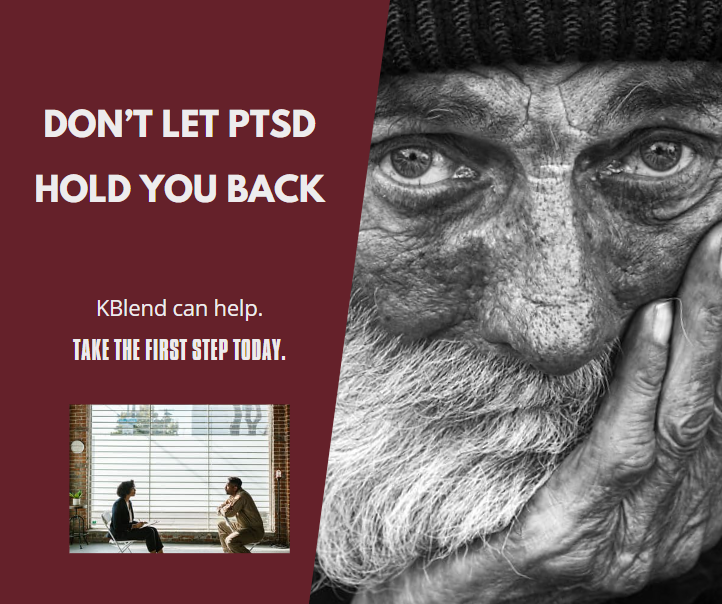
Boundaries: The Doorway to Freedom
Boundaries are not walls—they are doors with locks. They don’t shut life out; they decide what’s allowed in. In therapy, faith, and relationships, most of us get this wrong. We either swing the door wide open to chaos or bolt it shut against everyone, calling it strength.
In truth, boundaries define freedom. They are not about control but clarity—about knowing where you end and where someone else begins. Without them, empathy becomes enmeshment. Love turns into exhaustion. Ministry becomes martyrdom.
Spiritually, boundaries protect what is sacred. They remind us that surrender to God is not the same as surrender to abuse or manipulation. Grace does not mean access. Jesus healed multitudes but didn’t hand his peace to everyone who demanded it.
Professionally, boundaries are the quiet backbone of integrity. For healers, counselors, and leaders, they ensure that compassion does not consume you. For patients, they model what safety truly looks like—consistency, honesty, and respect.
But the hardest boundaries are the internal ones: saying no to self-betrayal, setting limits on shame, learning when to rest instead of rescue. These are the spiritual disciplines that rebuild trust with your own soul.
At KBlend, and through the BoltCutter Movement, we’re diving deep into the sacred psychology of boundaries—where faith meets mental health, where surrender meets self-respect. The full series explores emotional boundaries in relationships, spiritual discernment in service, and professional ethics for clinicians who carry others’ pain.








